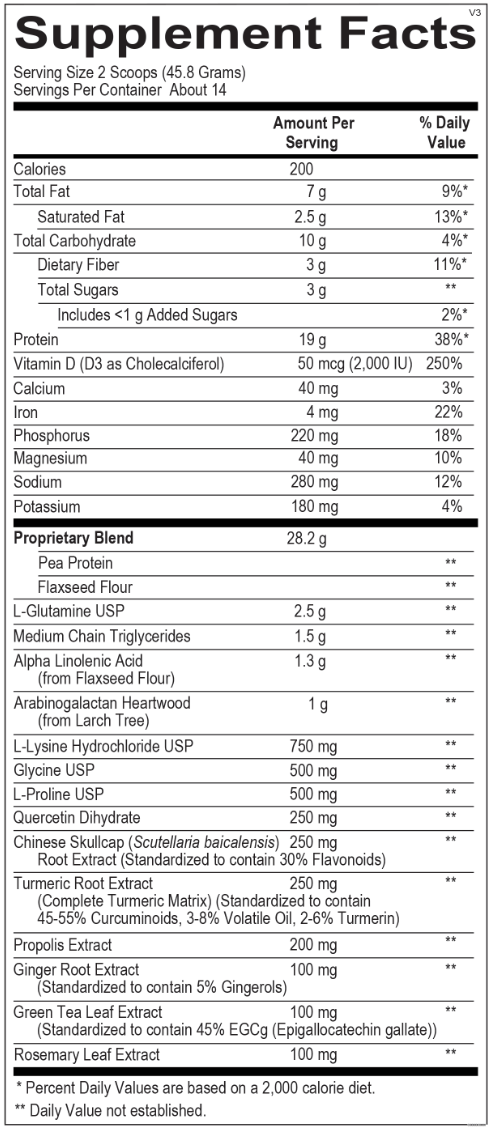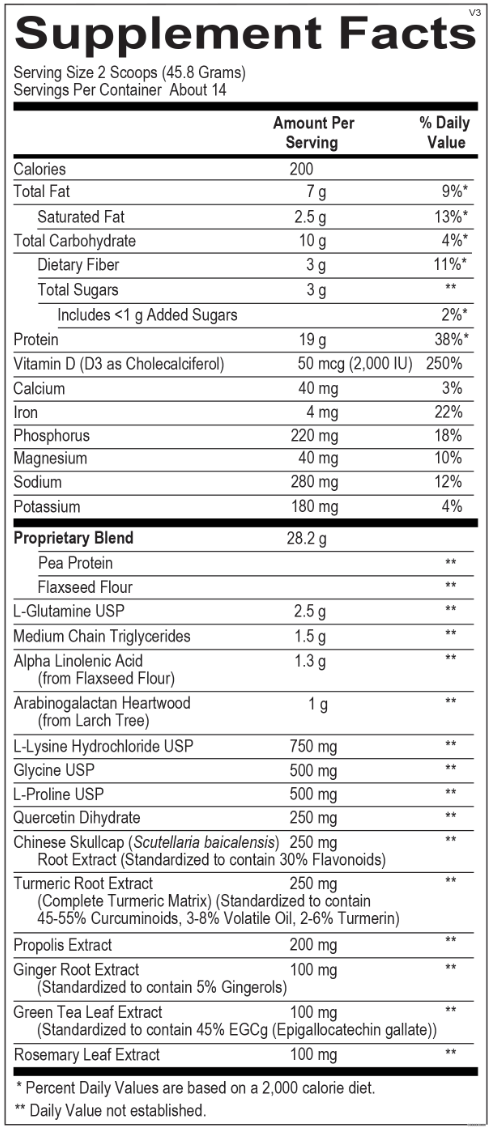
6 Common Reasons For Irregular Periods
Dr Anita NischalTable of Contents
| Does your period show up as desultory each month? Here is the thing: missed or irregular periods ensue for many purposes other than pregnancy. |
Menstrual periods usually last four to seven days and appear every 28 days, however, average menstrual cycles can span from 21 days to 35 days. When the preponderance of cycles in the prior six months vary, then it is termed an irregular menstruation cycle. Monthly or normal periods are a sign that your cycle is normal, and your body is working towards pregnancy.
According to reports more than 30% of women in the United States have irregular periods and suffer from the severe pain of periods. Now, what causes the variations in your cycle length?
Our experts here shared some common causes of irregular periods.
What is Irregular Menstruation?
The process of ovulation involves the release of an egg by either ovary. Concurrently, the uterus gets primed to assume a pregnancy via hormonal changes. If ovulation takes place and the egg is not fertilized, the inside layer of the uterus is shed through the vagina leading to the menstrual period.
- If your monthly cycle fluctuates every time, it is called irregular menstruation.
- Irregular menstruation lengths
- Adolescents: Period beyond the range of 21–45 days.
- Adults: Cycles out of the range of 24–38 days.
Periods that abruptly halt for more than 90 days (exclusions contain pregnancy, menopause, and recently ceased hormonal birth control)
6 Common Causes of Irregular Periods
Irregular periods can have numerous triggers and should be gauged by your doctor. Here’s a glimpse at the probable reasons for the late period.
1. Pregnancy
The major cause for late or no period is a pregnancy that can affect you to miss your period or spotting.
2. Perimenopause
Perimenopause is the evolution phase before you go through menopause. It generally starts in your 40s but can happen earlier as well. Varying estrogen levels at this time can be the cause of irregular periods.
Read More: 5 Ways To Stay Prepared For Menopause Before It Happens
3. Polycystic ovary syndrome (PCOS)
Irregular periods are the key symptom of PCOS. You may miss periods and have heavy bleeding when periods occur.
4. Endometriosis
Endometriosis disturbs 1 in 10 women of reproductive age. This is a disorder in which the tissue that usually lines your uterus expands outside it. This causes extreme pain, even sapping menstrual cramps, heavy bleeding, lengthy periods, and bleeding between periods. Also, you may experience gastrointestinal pain, painful bowel movements, pain during and after intercourse and infertility issues.
The only way for this is exploratory surgery. Though there is no cure, symptoms can be coped with medication or hormone therapy.
5. Thyroid
Thyroid ailments are also the reason for the late period. Hypothyroidism, or underactive thyroid, can trigger longer, heavier periods and heightened cramping. Along with this, fatigue, sensitivity to cold, and weight gain are possible signs.
Also Study: Proven Ways To Lower Thyroid Antibodies & Prevent Hashimoto’s Disease
6. Uterine fibroids
Fibroids are muscular tumours that build in the wall of the uterus. Most fibroids are noncancerous and can vary in size. Fibroids can cause painful and irregular periods and even are heavy enough to cause anemia. Other symptoms are:
- pelvic pain or pressure
- low back pain
- pain in your legs
- pain during sex
Although fibroids don’t entail treatment and signs can be controlled with over the counter (OTC) pain medications and an iron supplement in the case of anemia.
Other possible causes of irregular menstruation can be:
- Hormonal birth control
- Breastfeeding
- Overweight
- Extreme weight loss
- Eating disorders
- Stress
- Excessive exercises
- Medications
Treatment Options for Irregular Menstruation
Below are some other alterations you can try to control the reasons for the late period:
Change your lifestyle
A healthy lifestyle comprises a good diet and exercise, reducing stress, and gaining enough rest. These approaches support you in managing your causes of irregular periods.
Switch contraception
If your existing birth control procedure is the reason for late periods, you must speak to your GP and stop that measure immediately.
Balance your weight
If you are experiencing irregular menstruation due to low body weight, talk with your GP and dietician about healthy habits to put on weight.
Besides, excess body fat can cause irregular periods. Losing weight and even losing 5% of your body fat can help with irregular periods. This can be acutely useful if you’re suffering from PCOS.
Exercise
Excessive exercise has been demonstrated to be the reason for the late period. Thus, cutting your workout sessions might help standardize your period.
When to See Your Doctor?
You must seek advice from your sexual health care provider if:
- Unexpectedly stop for 90 days or more.
- Become inconsistent after having been normal.
- Lasts for more than seven days.
- Heavier than usual.
- Does not range between 21-35 days.
OR
- You experience brutal pain during your period.
- You unexpectedly get a fever and feel ill after using tampons.
Gynaecologist, Dr Anita Nischal, advises patients that if their regular periods become irregular, they must seek causes. Further, she adds that an irregular period doesn’t mean it’s normal. That’s why you ought to be evaluated if you’re having irregular menstruation.
Related Post: All You Need To Know About Vaginal Discharge & Its Color Guide
You can change your lifestyle habits and then take advice from your GP for irregular menstruation.
A normal cycle lasts between 24 to 38 days, if your period is not falling in this cycle then you have irregular menstruation. When a woman’s period is seven days late, there must be causes of irregular periods.
For just a month, it is okay to miss your period as this can be because of stress, or hormonal changes. If it takes more than a month, visit your doctor at once.
Yes, stress can be the major reason for late periods. Anxiety, depression, or poor mental health can lead to irregular menstruation.
The major reason for missing periods is that you are pregnant. Other common causes for irregular periods are hormonal imbalances or serious medical conditions, which require your doctor’s intervention.













